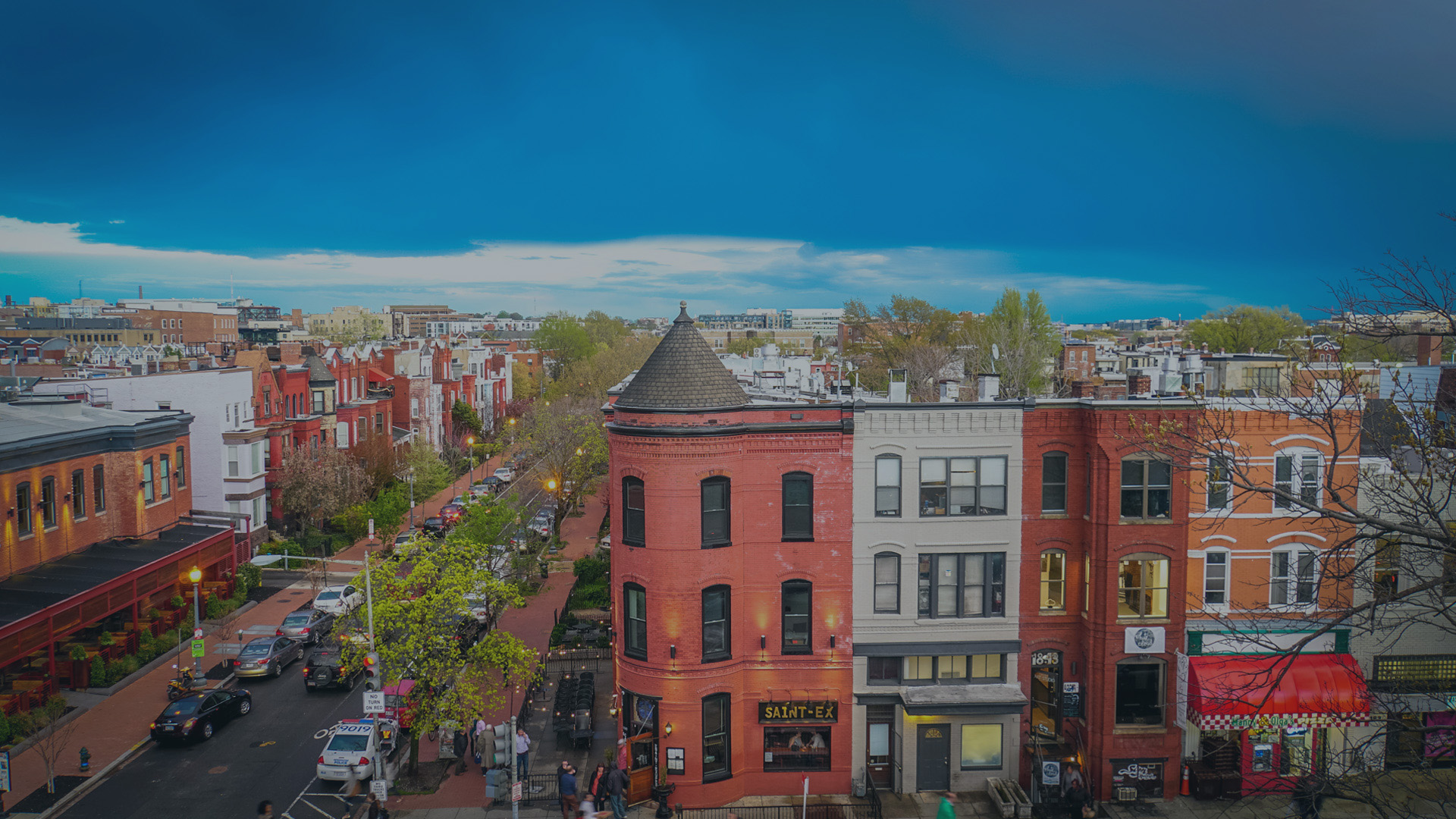On April 22, 2019, D.C. Policy Center Fellow Randy Smith’s analysis of food deserts in D.C. was cited by the Washington City Paper:
In practice, the program is relatively straightforward. First, a patient obtains a prescription from their AmeriHealth Caritas healthcare provider. Then they bring their prescription to the pharmacy inside the Giant, where a pharmacist will hand them a voucher that can only be used to shop for fresh fruits and vegetables. Andrade says staff members there have been trained to help shoppers navigate the produce aisle. There’s also an in-house nutritionist, Jillian Griffith, who is available for free on-site education, tours, and consultations.
“If you’re not used to shopping [for] fruits and vegetables, it can be overwhelming,” Andrade explains. More than half of Ward 8 is considered a food desert due to the lack of nearby grocery stores, according to the D.C. Policy Center.
Patients in the program will receive a $20 coupon per week to spend on produce. Based on Giant’s current prices, that $20 could get you a bunch of bananas, three apples, three sweet potatoes, a bunch of asparagus, a head of lettuce, two cucumbers, and four tomatoes.
Related: Food access in D.C is deeply connected to poverty and transportation | D.C. Policy Center
